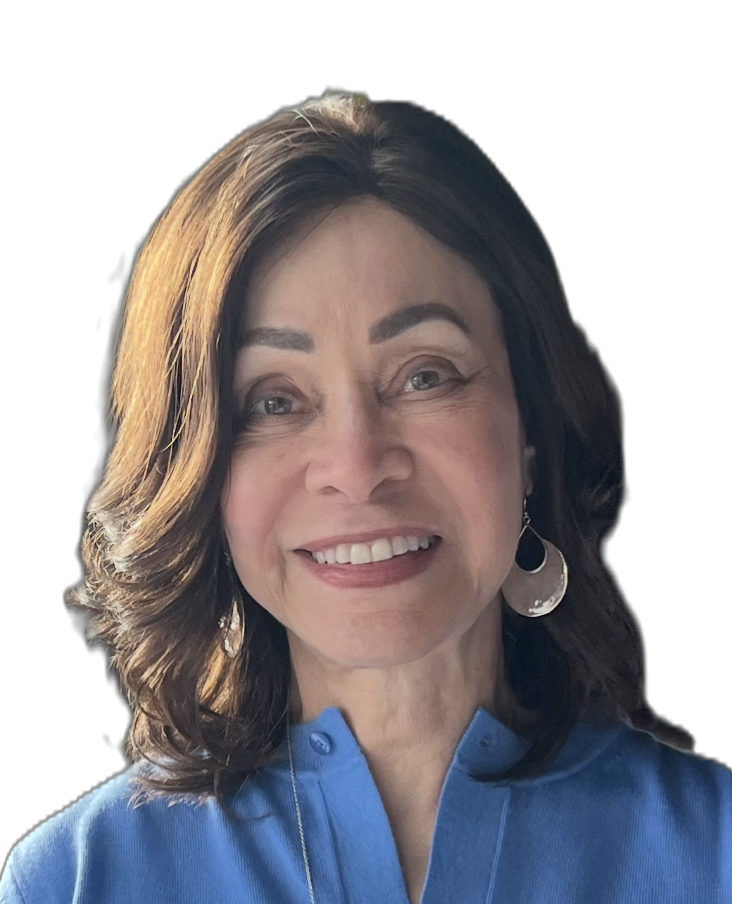Can We Be Friends?
In a world that often feels divided into winners and losers, it can seem as if conflict or isolation are our only choices. How do we stay hopeful—and stay connected—when the times themselves seem designed to pull us apart?
I’ve seen families (including my own) get torn apart over a single difference in perspective. Maybe you have, too. So, how do we maintain relationships that stay healthy and humane when so much around us feels strained?
I’ve wrestled with this question for years, and one insight keeps rising to the surface:
Friendship may be our most direct path to unity.
It begins with small, personal gestures but can scale into something greater: the creation of communities that heal rather than harm, cooperate rather than compete. Friendship can build bridges across ideology and inequality. By cultivating it, we can strengthen ties that make peace possible and empathy that keeps the world from tearing apart.
“Friendship is the only cement that will ever hold the world together.”
How do you define friendship?
Let’s start with this question so we’re on the same page about this topic. When I asked several friends to define friendship, two common themes emerged:
First, friends are personal connections that bring you joy: You feel nourished by their presence, not drained. They take genuine interest in your life—your stories, dreams, worries—and they share their own. Friendship, at its best, brings reciprocal joy: each person delights in the other’s thriving.
Second, friendship requires trust and vulnerability. Maybe you've shared something personal, and they supported you. Perhaps a friend quietly showed up when you needed them most. Sometimes it’s a friend who knows your weaknesses but still believes in your strength. Deep friendships allow us to be authentic—to show up as we are without fear of judgment.
And yet, not every friendship has to reach that depth. Some feel as deep as siblings; others relate mainly to shared activities or stages of life. What matters most is the spirit of respect, empathy, and goodwill that flows between you. Faithful friends will honor your right to your perspective, even when they see the world differently.
Consistency matters, too. Friendship deepens through reliability—through knowing that next time you meet, the same warmth and regard will be there. Most strong friendships also rest on shared values: family, education, faith, or compassion. Touchpoints like these can be the soil in which trust grows.
The Heart of Connection
Trust also grows through time spent together—through shared laughter, mutual support, and the simple act of bearing witness to each other’s lives. A friend might call you out when you underestimate your own worth or remind you of the goodness they see in you when you forget.
Over the years, I’ve learned that no single person can be our “everything” friend. But there are also no duplicates. We need to appreciate what our differing relationships offer.
Each friend amplifies different parts of who we are. One may bring out our humor, another our depth, another our courage. Through friendship, we discover many versions of ourselves—and each one is real.
I’ll explore more of what we gain from friendship in my next post. For now, I’ll close with this reflection:
Above all, each friend provides an opportunity for us to give and receive love.
What better reason could there be to befriend those we can?
“Friendship is the only cure for hatred, the only guarantee of peace.”
Your Turn:
So, how do you define friendship?
What makes someone a "good friend" in your view?
How many good friends have you had in your lifetime?
Are there relationships you'd like to deepen -- or new ones you'd like to begin?
*******
And that’s The Gist of It™ - Promoting humanity by building strong bridges and healthy boundaries in relationships
Thank you for being part of this community!
If you find this helpful, I'd feel honored if you would forward it to others. They can subscribe to get The Gist of It™ in their inbox twice a month:
Marilyn Gist, PhD

